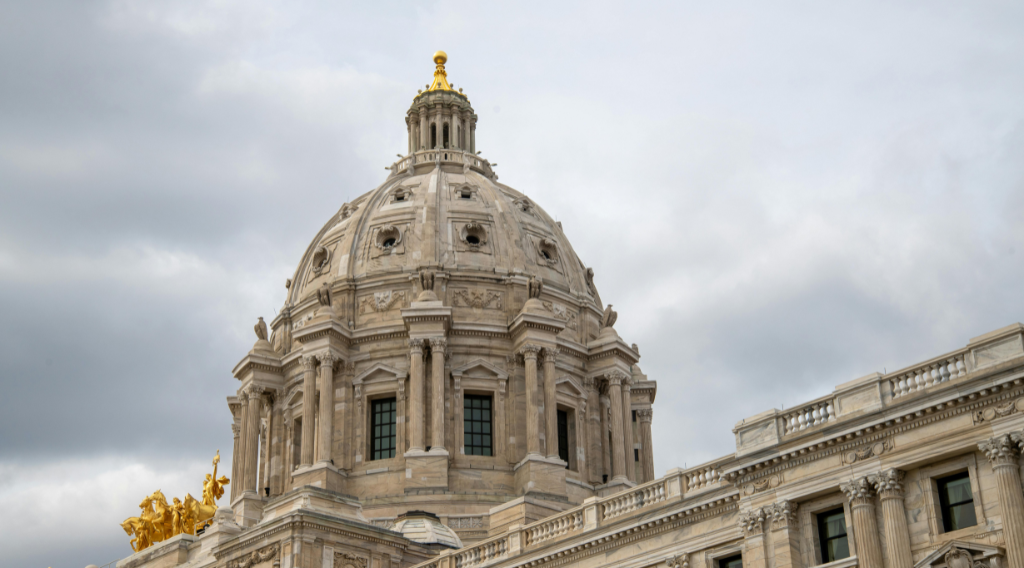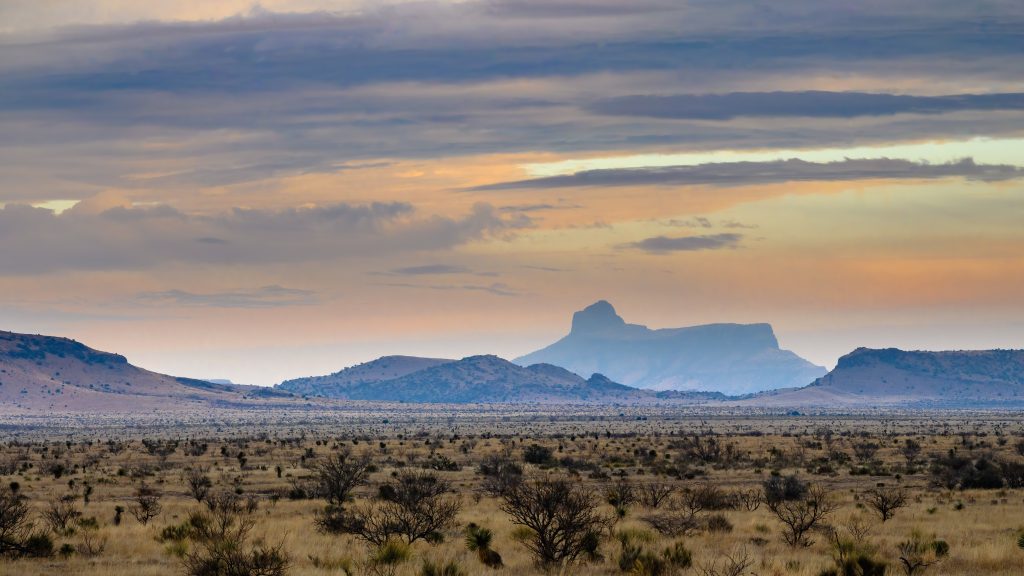
WASHINGTON, DC – A multi-state group co-convened by Wyoming Governor Matt Mead and Montana Governor Steve Bullock released a new report today outlining the opportunities and challenges for integrating power plants with carbon capture into the nation’s wholesale electricity markets. The State CO2-EOR Deployment Work Group works to expand carbon capture from power plants and industrial facilities for use in enhanced oil recovery with geologic storage (CO2-EOR).
“In our current system of regulating the power sector and managing the grid, no single actor or mechanism at the federal, state or regional transmission organization level is responsible for considering the combined impact of affordability, reliability, and environmental stewardship as they relate to cost and efficiency,” said Brad Crabtree, Vice President for Fossil Energy at the Great Plains Institute. “This means that the many benefits of carbon capture and other dispatchable low and zero-carbon technologies go unrecognized and unrewarded in U.S. electricity markets today. This report seeks to highlight that challenge and suggest ways to address it.”
The report—Electricity Market Design and Carbon Capture Technology: The Opportunities and Challenges—focuses on the role of carbon capture in the power sector and outlines measures needed at the federal, state, and regional grid operator level to allow for robust integration and dispatch of carbon capture in electricity markets. The report describes how carbon capture and other dispatchable low and zero-carbon power generation technologies such as nuclear, combined heat and power, geothermal, and solar thermal provide important economic, grid reliability, and emissions reduction benefits. Yet, these resources face growing challenges to their economic viability in regional wholesale electricity markets.
Governors Mead and Bullock launched the Work Group in 2015, which released a comprehensive set of federal and state incentive policy recommendations for carbon capture in December 2016 – Putting the Puzzle Together: State & Federal Policy Drivers for Growing America’s Carbon Capture & CO2-EOR Industry – and a white paper outlining pipeline infrastructure options to enhance carbon capture industry buildout. The Great Plains Institute staffs and facilitates the Work Group.
“We need to redouble efforts to implement the carbon capture incentives and CO2 pipeline infrastructure financing recommendations already prepared by the Work Group to enable the potential of carbon capture along with other low and zero-carbon power generation options,” said Doug Scott, GPI Vice President of Strategic Initiatives. State and federal policymakers have only recently begun to consider policies to ensure the continued economic viability of dispatchable generation resources in evolving electricity markets.
“At the federal level, financial incentives, Federal Energy Regulatory Commission initiatives, and expanded research, development, demonstration, and deployment were identified as measures to help carbon capture and other low and zero-carbon dispatchable energy resources participate cost-effectively in electricity markets,” Crabtree added.
The report also noted that at the regional level, changes to regional grid operators’ market rules that value both grid capacity and emissions reductions would better recognize the many benefits of all dispatchable low and zero-carbon resources on the system. In addition, states could consider expanding existing renewable portfolio standard policies to include energy from low and zero-carbon nonrenewable generation and look at the potential for developing separate low-carbon generation standards or credits.
“Implementing more cohesive and comprehensive polices that encompass all low and zero-carbon generation options, including market rules, incentives, portfolio standards, and other measures will help optimize electricity system benefits for everyone by providing an affordable and reliable power supply while reducing emissions,” Scott concluded.
Media Contacts:
Brad Crabtree
701-830-0302 (call or text)
Doug Scott
815-315-2115 (call or text)

